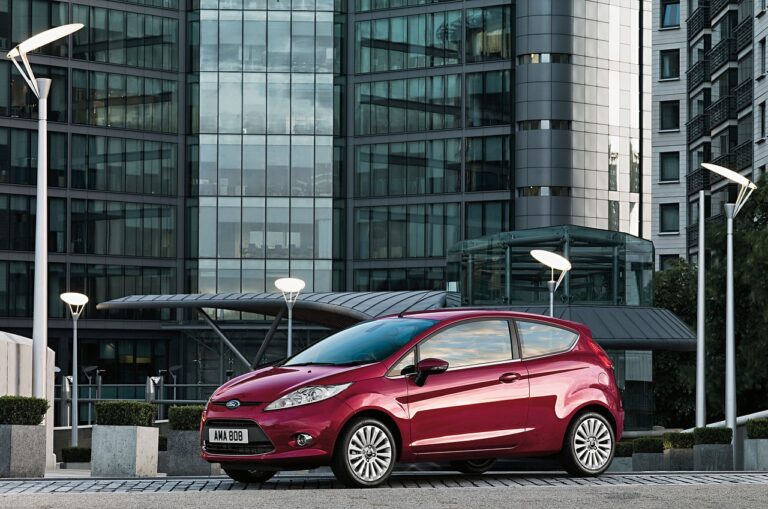The Impact of Autonomous Vehicles on Automotive Insurance Models: All panel, Cricbet99, Lotus365win login
all panel, cricbet99, lotus365win login: The Impact of Autonomous Vehicles on Automotive Insurance Models
As technology continues to advance, the automotive industry is undergoing a significant transformation with the advent of autonomous vehicles. These self-driving cars are set to revolutionize the way we commute, but they also have the potential to disrupt the traditional automotive insurance models that have been in place for decades. In this article, we will explore the impact of autonomous vehicles on automotive insurance models and how insurance companies are adapting to this new technological landscape.
From Risk Assessment to Product Liability
One of the biggest changes brought about by autonomous vehicles is the shifting of liability from the driver to the manufacturer. In traditional insurance models, premiums are calculated based on the risk profile of the driver, including factors like age, driving history, and location. However, with autonomous vehicles taking over the driving responsibilities, the focus shifts to product liability.
Insurance companies will need to reevaluate their risk assessment models to account for the new dynamics of autonomous vehicles. This shift from insuring individual drivers to insuring manufacturers could lead to changes in pricing and coverage options.
Data and Telematics
Autonomous vehicles generate vast amounts of data through sensors, cameras, and other advanced technologies. This data can be used to improve risk assessment and claims processing, leading to more accurate pricing and faster settlements. Insurers are leveraging telematics data to gain insights into driver behavior, vehicle performance, and accident patterns.
The use of data analytics in the insurance industry is expected to increase as autonomous vehicles become more prevalent. Insurers will need to invest in data science and AI capabilities to unlock the full potential of this technology.
Policy and Regulation
The adoption of autonomous vehicles raises complex legal and regulatory challenges that will impact insurance companies. Questions about liability, privacy, cybersecurity, and jurisdiction will need to be addressed by policymakers to ensure a smooth transition to autonomous driving.
Insurance companies will need to work closely with regulators to develop new policies and procedures that are tailored to the unique risks posed by autonomous vehicles. This collaboration will be essential to building trust among consumers and ensuring a stable insurance market.
FAQs
Q: Will autonomous vehicles make car insurance cheaper?
A: While autonomous vehicles have the potential to reduce accidents and claims, the cost of insurance will depend on various factors, including the level of automation, the type of coverage, and the regulatory environment.
Q: How will insurance companies verify the safety of autonomous vehicles?
A: Insurance companies are partnering with manufacturers and industry stakeholders to establish safety standards for autonomous vehicles. They will also leverage data analytics and telematics to monitor performance and identify potential risks.
Q: Can I still get insurance for my non-autonomous vehicle in the future?
A: Yes, insurance companies will continue to offer coverage for traditional vehicles, but the pricing and terms may change as autonomous vehicles become more common.
In conclusion, the rise of autonomous vehicles is reshaping the automotive insurance industry in profound ways. Insurance companies must adapt to the new realities of self-driving cars by rethinking their risk assessment models, leveraging data and telematics, and working with regulators to address legal and regulatory challenges. The transition to autonomous driving presents both opportunities and challenges for insurers, but those who embrace change and innovation will be well-positioned for success in this new era of transportation.







